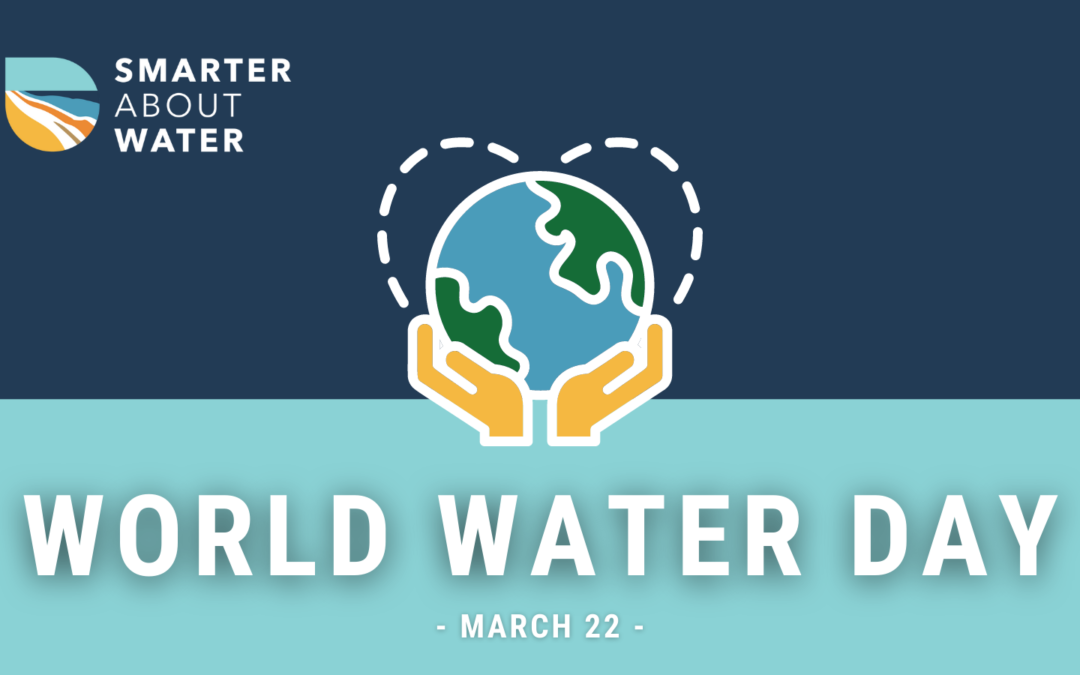What is World Water Day?
In 1993, World Water Day was officially declared by the United Nations to celebrate water and raise awareness of the global water crisis. Each year, on March 22nd, it is recognized worldwide to educate and promote the importance of freshwater.
2022’s World Water Day theme is: Groundwater, making the invisible visible. (Source: WorldWaterDay.org)
What is groundwater?
Groundwater is water that has infiltrated the ground to fill the spaces between sediments and cracks in rock. Almost all of the freshwater in the world used for drinking water, sanitation systems, farming, industry and ecosystem use is from groundwater. Groundwater is fed by precipitation and can resurface to replenish streams, rivers, and lakes. However, it can become depleted if it is used at a faster rate than it can replenish itself. (Source: National Geographic)
How do we obtain groundwater and what can happen if we use too much?
Groundwater is pumped primarily from aquifers as a source of freshwater. The geology of aquifers includes discontinuous layers of gravel, sand, silt, and clay. The extraction of large volumes of groundwater causes clays to depressurize and compact. Aquifer compaction affects overlying stratigraphic units to the land surface and is observed as subsidence.
Land subsidence is the sinking of the earth’s surface due to subsurface movement. Aquifer compaction from groundwater withdrawal, oil and gas extraction, underground mining, sinkholes, drainage of organic soils, and natural depositional compaction are the most common causes of subsidence in the United States. Land subsidence can decrease land-surface elevation caused by aquifer compaction due to large, long-term groundwater withdrawals.
Subsidence can be reduced, stopped in some cases when groundwater pumping is reduced. This is why the education and implementation of water conservation are crucial. (Source: HGSD)
What can I do?
Be more mindful of your water use. Here are a few easy ways to conserve water in your everyday life:
- Turn off the water while brushing your teeth or shaving.
- Limit your time in the shower or opt for a bath instead.
- Detect and fix leaks in your home. Take the 10-minute WaterSense Challenge here!
- Install water-efficient fixtures and appliances in your home. Look for EPA WaterSense-labeled products.
- Consider a low volume or drip irrigation system for watering your yard. Check out watermyyard.org or the Water My Yard app for free weekly watering advice.

